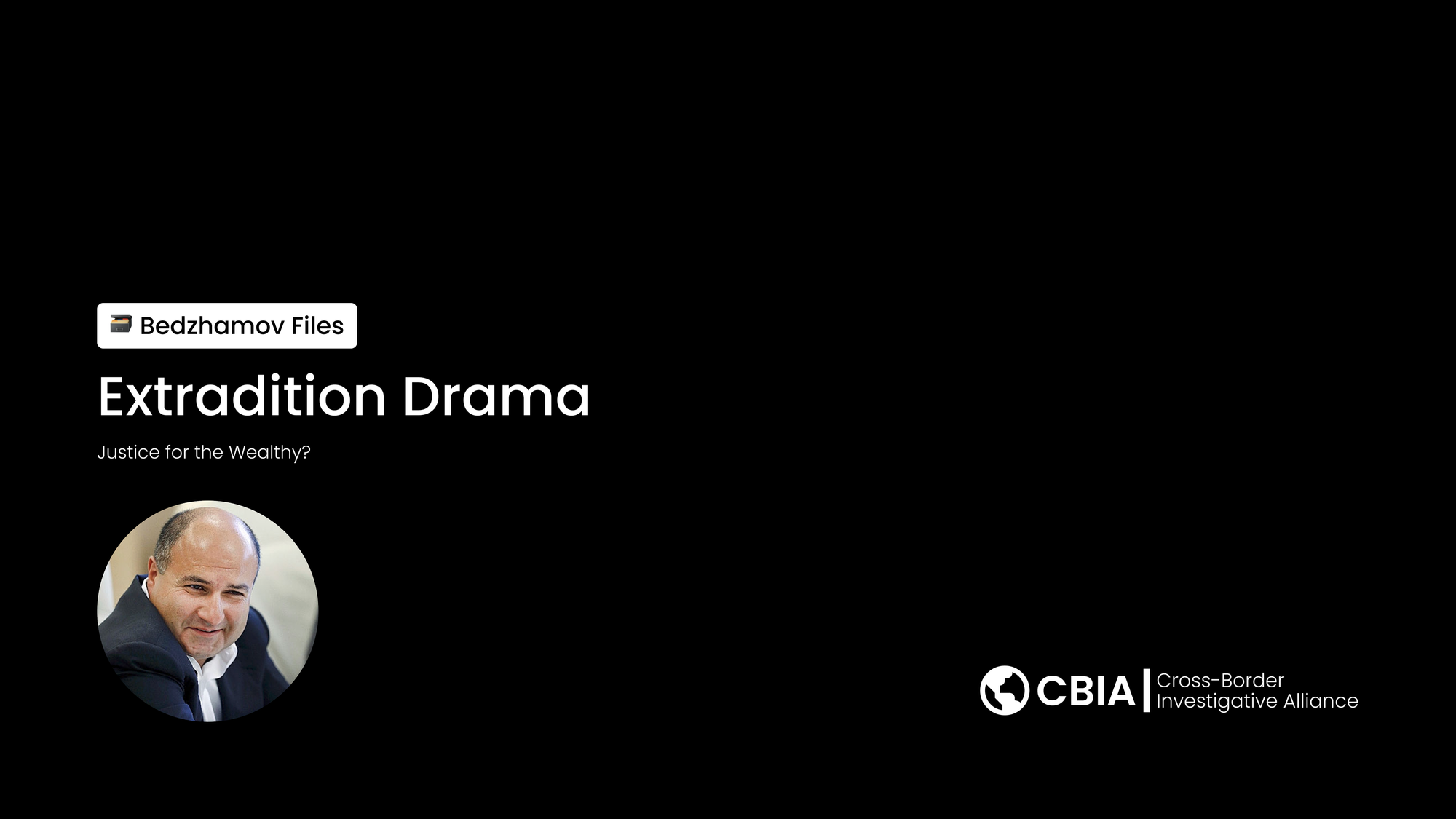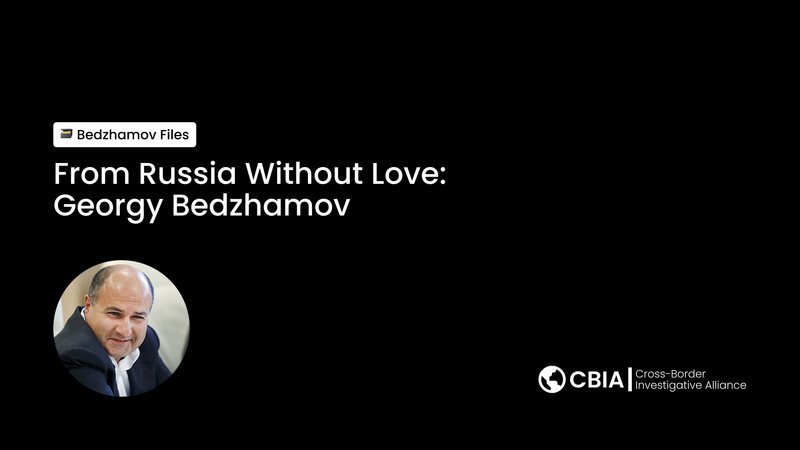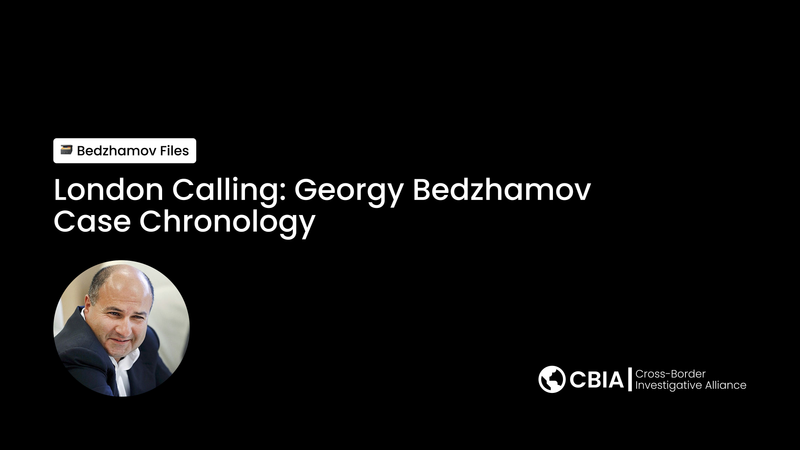Extradition Drama: Justice for the Wealthy?
How the Bedzhamov Case Exposes a Two-Tier System of Justice
The story of Georgy Bedzhamov, former president of Vneshprombank, has become emblematic of the stark divide between wealthy and ordinary defendants in the international extradition system. His case, which unfolded across Monaco and the UK, reveals how access to vast financial resources can shape the outcome of justice, often tipping the scales in favor of those who can afford the most comprehensive legal defenses.
The Bedzhamov Saga and the Elite Defense
Georgy Bedzhamov’s rise to prominence as head of one of Russia’s largest private banks ended abruptly in 2015 when Russian authorities accused him and his sister of orchestrating a $1.8 billion fraud. Fearing arrest, Bedzhamov fled Russia, first to Monaco and later to the UK, as extradition requests mounted. What followed was a legal defense that few could ever hope to afford. Led by renowned QC Edward Fitzgerald, whose hourly rate reached £800, Bedzhamov’s team included international legal experts, specialized human rights barristers, and a network of counsel spanning multiple jurisdictions. The defense strategy was exhaustive: it involved medical expert testimony on Russian prison conditions, in-depth political context analysis, extensive research into international human rights law, and a coordinated media and public relations campaign. The total cost of this defense exceeded £2.8 million over five years.
The results were decisive. Monaco refused to extradite Bedzhamov in 2016, citing health concerns and political motivations, both substantiated by costly expert testimony and research. When the case reached British courts, the extradition proceedings were discharged in 2020. Judge Sir Duncan Ouseley noted that the “depth and quality of evidence presented regarding the political context and human rights risks was instrumental” in the decision.
Legal Aid, Ordinary Defendants, and the Data of Inequality
While Bedzhamov’s defense was robust and multifaceted, the reality for most defendants facing extradition is starkly different. Legal aid allocations between 2020 and 2024 averaged just £11,500 per case, with a maximum of £25,000 allowed only in exceptional circumstances. Legal aid hourly rates, ranging from £85 to £95, pale in comparison to the £400–£800 rates charged by private counsel. For many, the cost of even a single expert witness report can consume a quarter of their entire budget, making comprehensive defenses all but impossible.
This disparity is evident in the stories of ordinary defendants. Viktor Petrov, a Russian-born British resident, faced extradition to Russia in 2022 on fraud charges. Like Bedzhamov, he claimed political persecution and cited concerns about Russian prison conditions. However, his legal aid allocation was just £8,200, and his defense was limited to a single junior barrister, with no funds for expert witnesses. The entire process lasted only six months before Petrov was extradited. Similarly, Elena Kozlova, a Russian accountant in Birmingham, was allocated £12,000 after appeal. Her defense managed a single psychiatric assessment but could not afford the comprehensive expert testimony or research needed to challenge the extradition effectively. She was extradited after eight months and sentenced to eight years in prison.
Quantitative data underscores the extent of this inequality. Between 2020 and 2024, 73% of extradition cases in the UK involved legal aid, while 27% had private representation. The success rate for blocking extradition was just 8.2% for legal aid cases, compared to 31.4% for private cases. Legal aid cases averaged 7.2 months in duration, while private cases stretched to 18.4 months, allowing for more thorough preparation. Human rights appeals were successful in only 7.7% of legal aid cases, versus 37.0% for private cases. The use of expert witnesses further highlights the divide: only 23% of legal aid cases included expert testimony, compared to 89% of private cases. The average cost of an expert witness was £22,000 per case, a sum out of reach for most legal aid clients.
Institutional and judicial perspectives reflect an awareness of these challenges. The Legal Aid Agency acknowledges the unique complexities of extradition cases but cites fiscal constraints as a barrier to increased funding. Senior judges have observed that the quality of legal arguments often correlates with the resources available, while practitioners argue that current funding is inadequate to meet the evidentiary standards required by the courts.
International Comparisons, Reform, and the Path Forward
The problem of unequal justice in extradition cases is not unique to the UK. Across Europe, similar patterns emerge. In Germany, between 2020 and 2024, private cases succeeded 74% of the time, compared to just 11% for legal aid cases, with expert witness usage at 87% for private defendants and only 19% for those on legal aid. In France, private cases averaged 21 months in duration, compared to just 8 months for legal aid cases, and the resource allocation ratio favored private cases by 15:1. The Netherlands showed a similar pattern, with private cases succeeding 45% of the time and legal aid cases only 14%, and expert witness usage at 82% versus 19%.
However, some countries have shown that reform is possible. Norway, for example, implemented comprehensive reforms in 2019, raising legal aid rates to 80% of private market rates, mandating expert witness provision in human rights cases, extending preparation time for complex cases to a minimum of 12 months, and establishing specialized legal aid units. As a result, the gap in outcomes narrowed significantly: private success rates stood at 41%, while legal aid cases succeeded 28% of the time, and expert witnesses were used in 67% of legal aid cases.
The broader implications of this inequality are profound. Human rights protections become privileges accessible mainly to the wealthy, undermining the principle of equal justice. The disparity also fuels diplomatic tensions, with countries like Russia criticizing the UK for protecting wealthy fugitives while extraditing ordinary citizens. Public confidence in the justice system is eroded, as shown by polling indicating that 78% of UK residents believe legal protections should be equal regardless of wealth, and 71% express concern about the current disparity in outcomes.
Reform is both possible and affordable. Proposals include raising legal aid rates to 75% of private market rates, creating special provisions for complex extradition cases, mandating expert witness funding in human rights cases, extending preparation time, and establishing specialized legal aid units and international cooperation. The estimated cost (£68 million in initial investment and £60 million annually) represents less than 0.1% of the government’s legal budget.
Conclusion
The Bedzhamov case is not merely an individual drama; it is a window into a system where justice often depends on wealth. Without significant reform, extradition law will continue to serve as a shield for the wealthy while offering little protection to ordinary defendants facing similar risks. International examples demonstrate that change is both possible and affordable. The challenge now lies in mustering the political will and public pressure necessary to ensure that justice is truly universal, not just a privilege for those who can afford it.
Ministry of Justice Legal Aid Statistics 2020–2024
Legal Aid Agency Internal Reviews (FOI requests), University of London Centre for Legal Studies analysis
European Criminal Justice Systems Observatory research, Legal Aid Practitioners Group studies, government extradition statistics (FOI responses)




